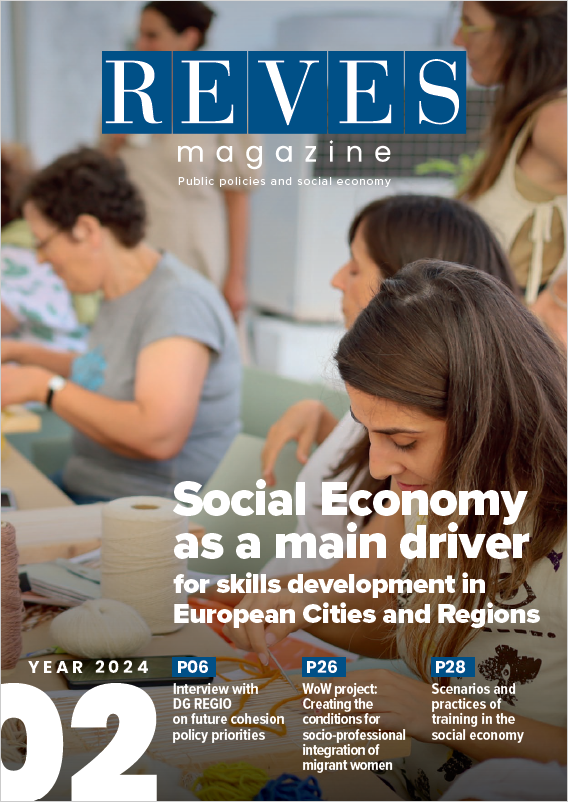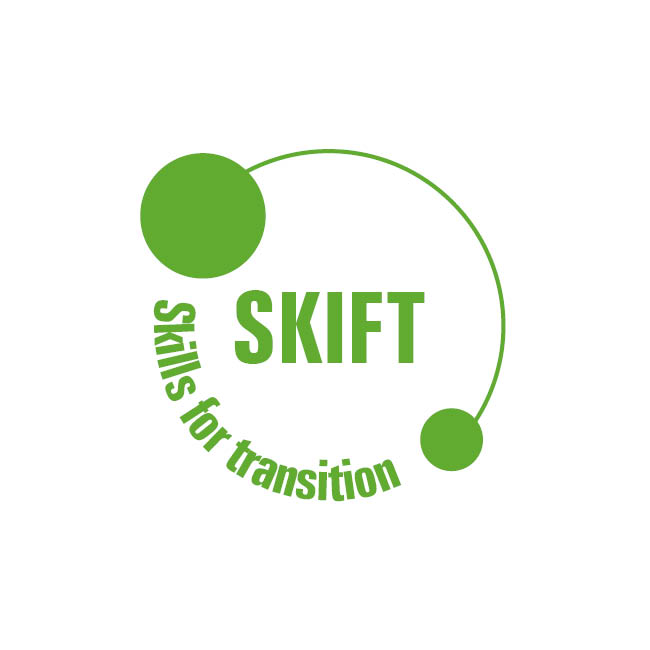COOPCAMP sought to improve knowledge about the cooperative model and related competences among secondary high-school students, with a particular attention to students from scientific and technical schools. In particular, young students should be put in a position to understand the peculiarities of the model and how to set up and manage a cooperative. Indeed, the cooperative model is rarely a “first choice” for youngsters, even holding relevant technical skills and competences. Most often, they access weakened forms of employment and join the cooperative model only as a last choice, in the event of industrial crisis. On the contrary, the cooperative model fits particularly well this specific target, as it focuses on personal capabilities rather than the availability of capital.
Objectives
In order to achieve this general objective, the “Coopcamp” project pursued the following specific objectives:
- Improve the development of instruments to increase the capability of the traditional training system to mainstream cooperative-related disciplines into training curricula, mainly within secondary technical education schools. Such instruments include traditional technical skills, as well as behavioural competences to manage a cooperative, enshrined into a new narrative about the cooperative model, easily understandable by young people lacking specific background.
- Implement a training process mixing frontal training, digital training, internship experiences in existing cooperatives and simulation of creation of a cooperative enterprise. This specific objective looks crucial in order to achieve the general objective, as it seeks to connect different learning experiences by “going towards” the learners. Indeed, the aim here is to generate the interest and the capabilities of the students by merging the cooperative model into a familiar environment for the specific target.
- Pilot the “coopcamp” training process at regional and local level in a relevant number of different regional contexts (12) from different countries (5), embedding it in existing learning processes. The aim of piloting is to test the tools generated by the project, while at the same time to concretely reach out a relevant number of students (primary target) and of schools (secondary target), which is an important step towards the achievement of the general objective.
- Pursue the simulation of the creation of a European Cooperative, made of young students coming from 5 different countries, in order to mainstream the European value(s) of cooperative entrepreneurial model
- Create a network of young students and schools to act as multiplier of the “coopcamp” learning process, in order to generate a real European learning process, facilitated by the use of the digital learning platform.
In order to fully exploit the potential of a course for the development of co-operative approaches among pupils, it is important to know how many and which courses already exist in a school, or which ones might be suitable for this purpose.
This assessment tool, here in a simple excel format, has been developed by researchers at the University of Rome Tor Vergata, with the active support of the coopcamp project partners: download it and check your institution before entering the COOPCAMP training course!
The COOPCAMP consortium: REVES AISBL, Cooperativa Sociale AGORA (IT), CONCERTES – Concertation des organisations représentatives de l’économie sociale ASBL (BE), COOMPANION Östergötaland (SE), COOMPANION – Kooperativ Utvleking Jämtland (SE), COOMPANION Göteborgsregionene (SE), FISE – Fundacja Inicjatyw Społeczno-Ekonomicznych (PL), LEGACOOP FVG (IT), UCOERM – Unión de Cooperativas de Enseñanza Región de Murcia (SP), UCOMUR (SP), Parsec cooperativa sociale (IT), Università Roma- Tor Vergata (IT), Sol.Co Camunia – Consorzio Cooperative Sociali (IT), Confcooperative BLTV (IT).
For more information: COOPCAMP website

Project Information
FUNDED BY:
The project is co-financed by the European Union.
Website:
https://www.coopcamp.eu/
 Docs
Docs  Support
Support 






